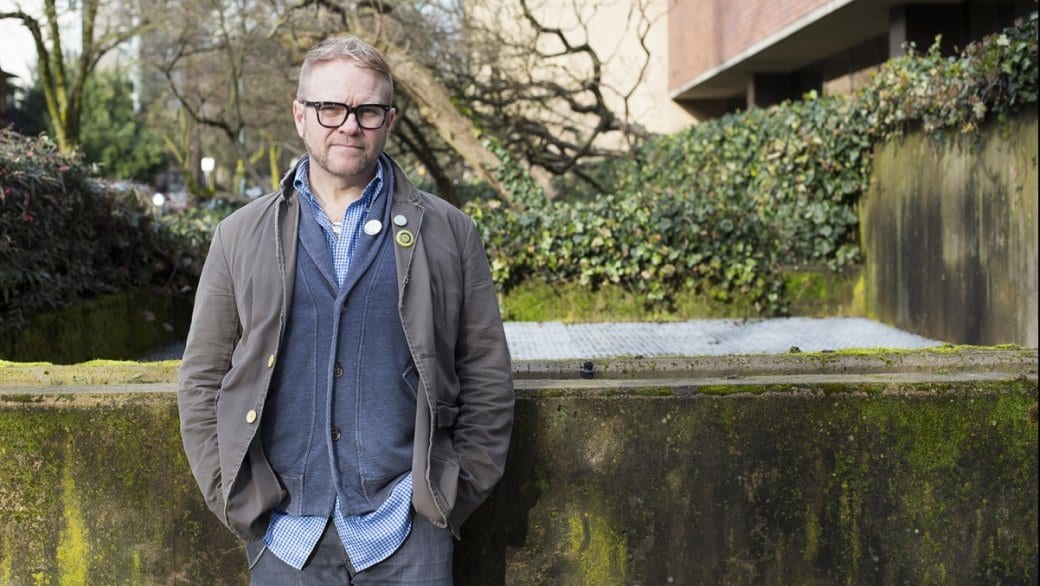There’s a fundamental “us against them” flaw in the recurring argument that Black Lives Matter is somehow hijacking Pride.
Just last week, former Vancouver Pride executive director Ray Lam accused BLM Toronto of hijacking Prides across the country, of “holding the queer community hostage” with its “bombastic” demand to ban police, of raining on “our parade” and “stealing our voice and power as a community.”
Lam also points, in his Georgia Straight column, to pressing queer problems that he considers more worthy of attention, and notes that the petition to keep Vancouver police in the parade drew about three times as many signatures as BLM’s petition to remove police.
But what Lam fails to grasp is that we’re all part of the same movement towards equality, and queers of colour have been in the front lines since Stonewall. BLM is part of our community. And they are telling us the privilege of a comfortable relationship with police does not extend to all of our members.
I agree with Lam’s suggestion that we need queer community leaders, not party planners — parties are an essential part of the economy of Pride but they are not the reason for Pride. This is an opportunity for queer community leaders to support some of our most marginalized members, listen to what they’re telling us, and be part of an ongoing conversation with BLM and police.
Leadership is not necessarily about doing what’s popular.
Quoting petition stats is the weakest argument in a debate on social reform. Basing decisions on public polls serves only to support the privileged majority. While frequently mistaken for democracy, it’s the antithesis of “social reform.”
If the Gay Alliance Toward Equality had petitioned Vancouverites in 1978, do you think the first Pride parade would ever have happened here?
Even if GATE had only petitioned the existing LGBT population at the time, the results would’ve undoubtedly leaned towards maintaining the status quo and not making a fuss. And Pride has always been about making a fuss.
Of course it’s terrific that the police have come as far as they have. I was on hand for the planning of demonstrations in front of Toronto’s 52 Division in the early ’90s with other Queer Nationalists. I have witnessed the encouraging developments within police departments across the country. But I only witness a part of the reality — the part that directly affects me. And certainly I want to celebrate those developments.
But when a broader reality is brought to my attention — when I’m told there are still members of my community who are not enjoying the protection and freedom of those developments — why would I choose to celebrate a partial win at the expense of queer voices?
Because to contemplate anything else is uncomfortable?
And finally, as a devout Streisandian (who kneels at the altar of Merrill and Styne), I would like to put an end to the blasphemous use of the “raining on our parade” analogy. It doesn’t hold up and it’s truly tiresome. BLM has not performed a mystical rain-making incantation. They’re pointing out that while some of us are under the big tent enjoying the catering, others are still standing out in the rain.
If we’re not willing to listen to the most vulnerable and marginalized voices within the complicated queer community, then “our” Pride is being regulated by easy choices instead of being liberated by hard truths.

 Why you can trust Xtra
Why you can trust Xtra


